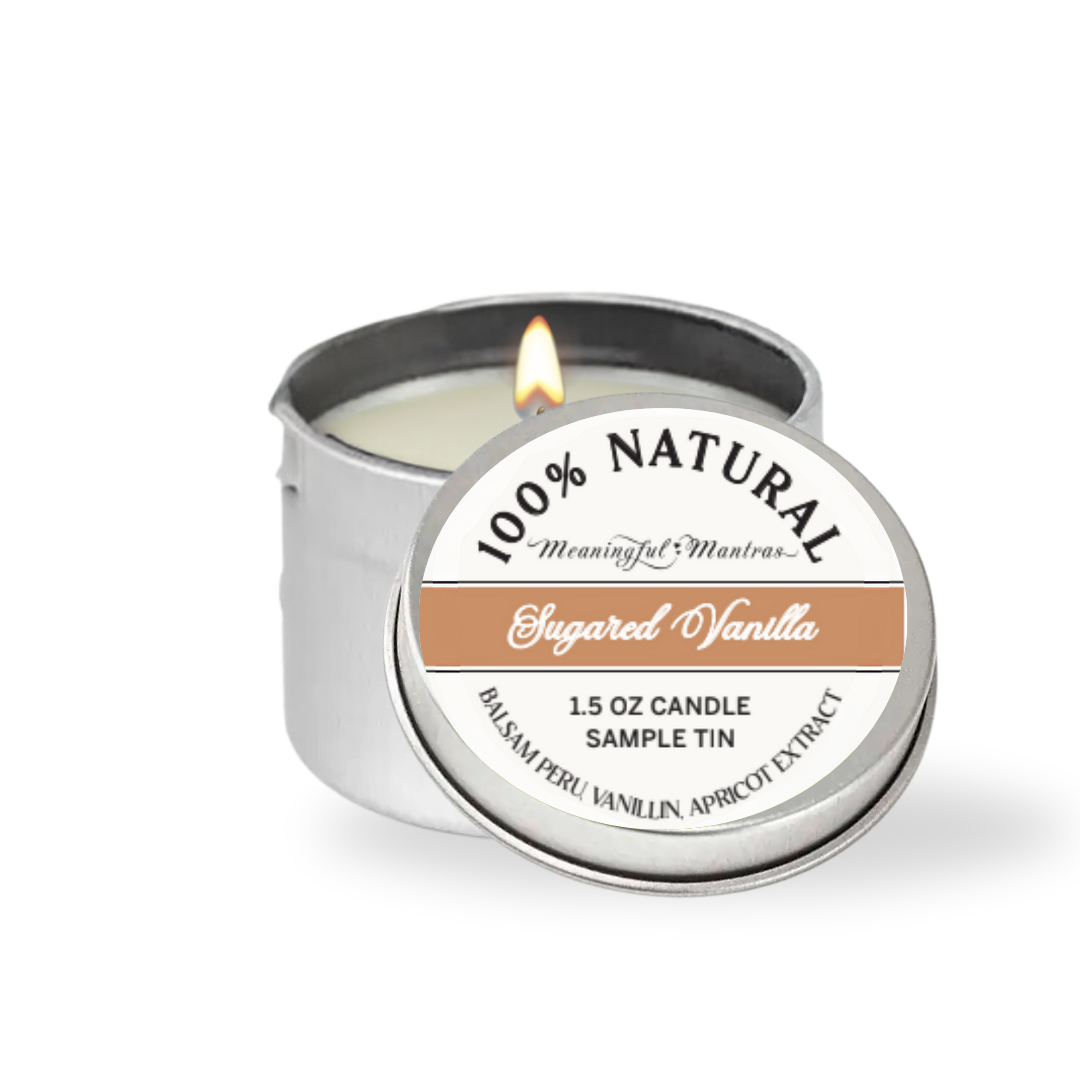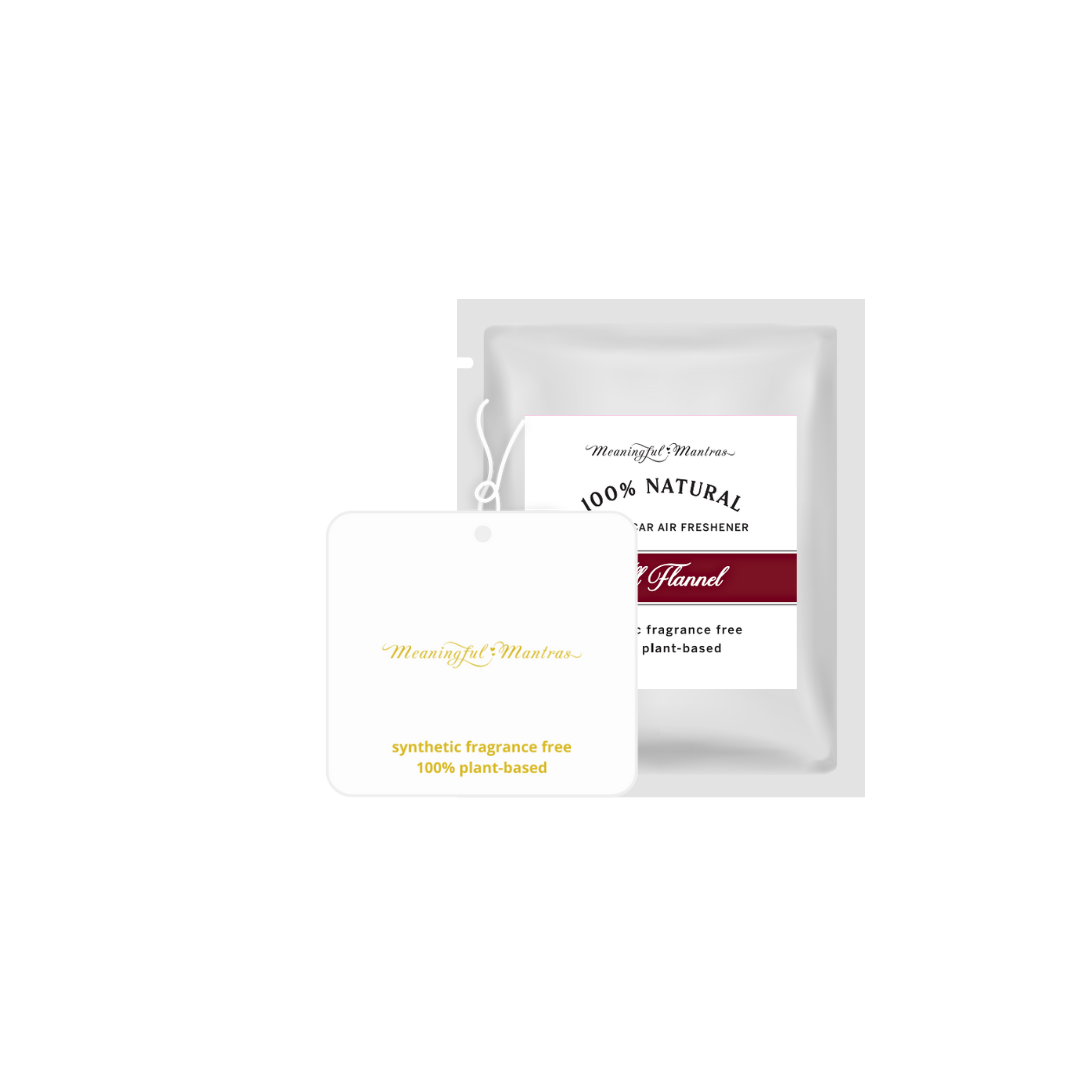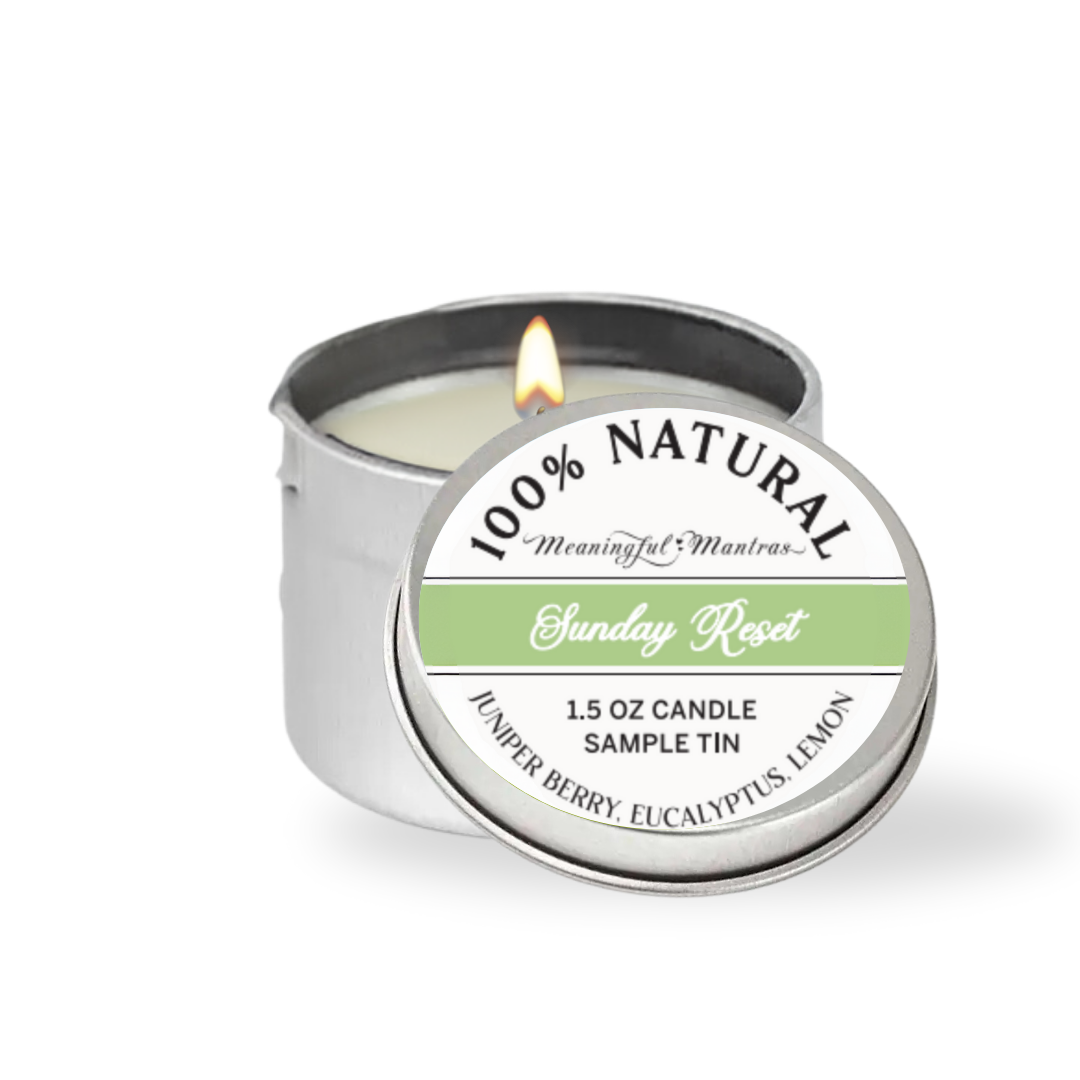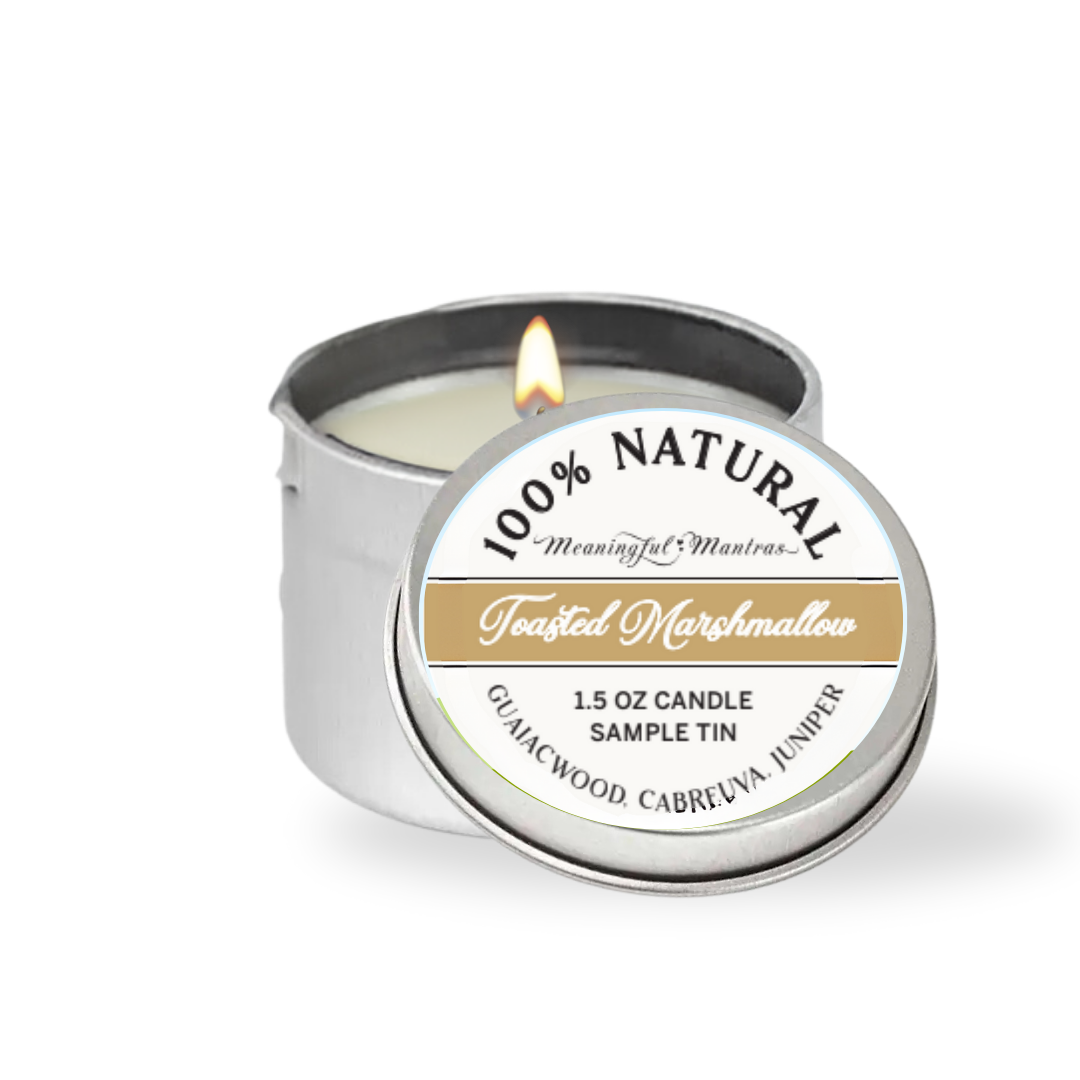
For many people, the use of room sprays and air fresheners is a common practice to freshen up their living spaces and make them more inviting. However, what many people may not know is that these products often contain harmful ingredients that can have negative effects on both human health and the environment. In this blog post, we will explore the origins of room sprays and air fresheners, the harmful ingredients they contain, and alternative solutions for freshening up your living space.
The Origins of Room Sprays and Air Fresheners
Since then, the market for air fresheners and room sprays has exploded, with a wide range of products available in different scents, formats, and packaging. However, as their use has increased, so has the concern over their potential negative effects on human health and the environment.
Harmful Ingredients in Room Sprays and Air Fresheners
The VOCs (Volatile Organic Compounds) most commonly found in air fresheners are acetone, ethanol, acetate, to name a few, have been shown to have adverse effects including headaches. One of the most concerning ingredients found in many room sprays and air fresheners is phthalates. Phthalates are a type of chemical used to make plastics more flexible and durable, but they can also be found in synthetic fragrances. Exposure to phthalates has been linked to a variety of health problems, including hormone disruption, reproductive issues, and developmental problems in children.
Another harmful ingredient commonly found in room sprays and air fresheners is formaldehyde. Formaldehyde is a known carcinogen and can cause irritation to the eyes, nose, and throat. It can also aggravate asthma and other respiratory conditions.
Other harmful ingredients found in room sprays and air fresheners include benzene, toluene, and propellants such as butane and propane. These chemicals can cause headaches, dizziness, and nausea, and can be especially harmful to people with pre-existing health conditions.
Alternative Solutions
Fortunately, there are alternative solutions for freshening up your living space that don't involve the use of harmful chemicals, like us! With Meaningful Mantras pure plant-based room sprays you know exactly what you're getting. Every ingredient used is listed on our website and on our packaging so you know exactly what you're bringing into your home. They are petrochemical free, synthetic fragrance free, and include amazing plant-extracts for the room spray to be effective and stable in your home.
We spent roughly 2 years working on our incredible plant-powered room spray formula, and it was no easy task! Working with essential oils and getting them to smell good in the air is much more difficult and expensive than working with synthetic fragrances that often cost 1/4 the price of essential oils. And while room sprays and air fresheners may seem like a quick and easy solution to freshen up your living space, it's important to be aware of the potential harm that they can cause. By opting for natural solutions or air-purifying products, you can create a clean, fresh-smelling home that is both safe and healthy for you and your family.













